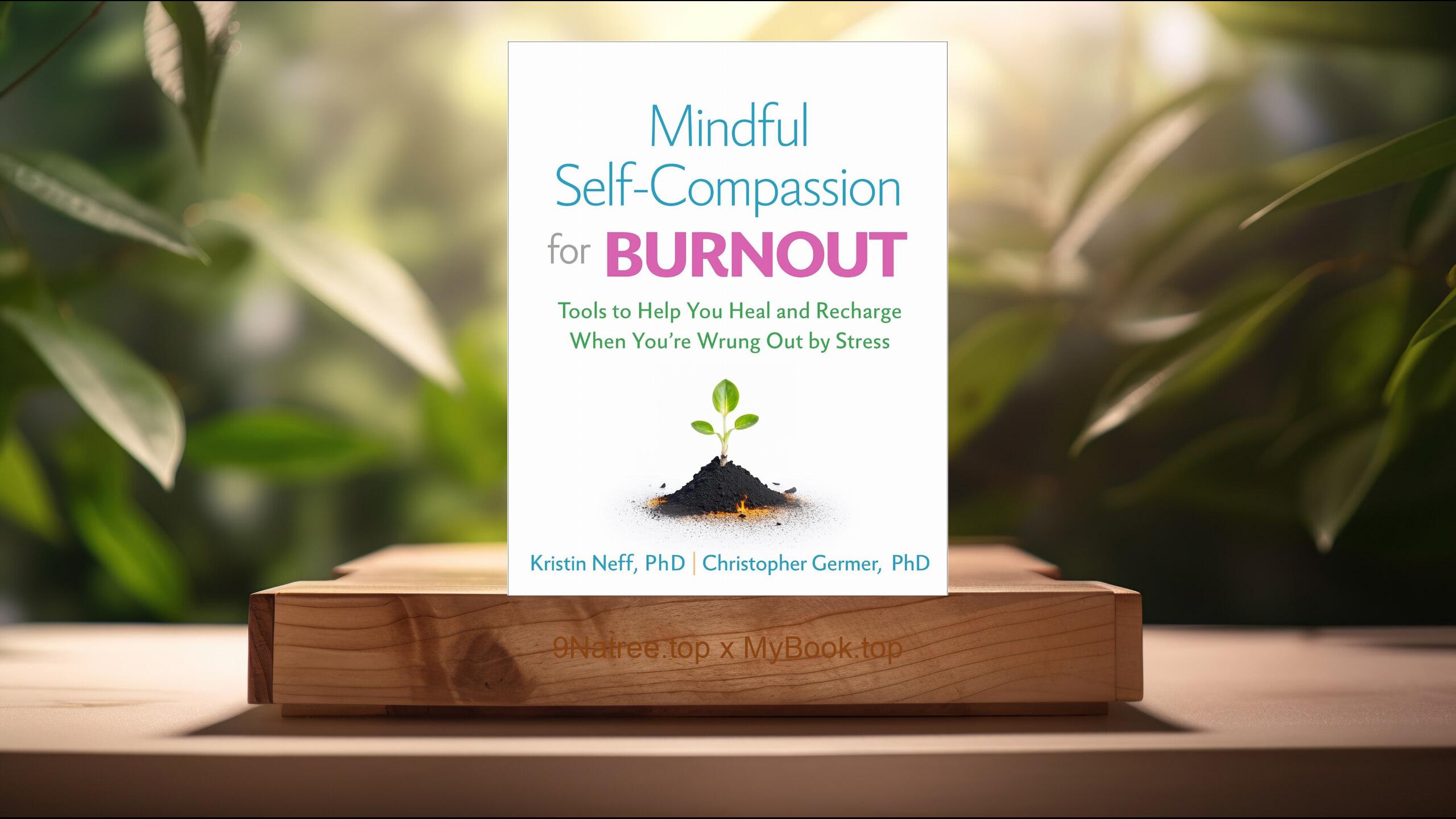Show Notes
- Amazon US Store: https://www.amazon.com/dp/1593859759?tag=9natree-20
- Amazon Worldwide Store: https://global.buys.trade/The-Mindful-Path-to-Self-Compassion-Christopher-K-Germer.html
- Apple Books: https://books.apple.com/us/audiobook/the-mindful-path-to-self-compassion-freeing-yourself/id1648551213?itsct=books_box_link&itscg=30200&ls=1&at=1001l3bAw&ct=9natree
- eBay: https://www.ebay.com/sch/i.html?_nkw=The+Mindful+Path+to+Self+Compassion+Christopher+K+Germer+&mkcid=1&mkrid=711-53200-19255-0&siteid=0&campid=5339060787&customid=9natree&toolid=10001&mkevt=1
- Read more: https://mybook.top/read/1593859759/
#selfcompassion #mindfulness #emotionalresilience #selfcriticism #innerpeace #emotionalwellbeing #personalgrowth #TheMindfulPathtoSelfCompassion
These are takeaways from this book.
Firstly, Understanding Self-Compassion, Self-compassion, as Christopher K. Germer skillfully illustrates, is the practice of treating oneself with the same kindness, concern, and support one would offer to a good friend. Germer delves into the psychology behind why individuals are often their own worst critic and proposes that self-compassion provides a much-needed counterbalance to this harsh self-judgment. He explains that self-compassion is composed of three key components: mindfulness, common humanity, and self-kindness. Mindfulness allows individuals to accept their present moment experience without judgment; common humanity connects one's experiences to the wider human experience, thereby reducing feelings of isolation; and self-kindness offers a nurturing response to personal suffering. Germer supports his discussion with practical exercises that help readers develop each aspect of self-compassion, showing how it's not just a theory but a practicable path to emotional healing and well-being.
Secondly, The Role of Mindfulness, Mindfulness is a cornerstone in the practice of self-compassion, and Christopher K. Germer places substantial emphasis on its transformative power. He outlines how mindfulness, the act of paying attention on purpose, in the present moment, and without judgment, can change one’s relationship to their thoughts and feelings. Germer explains that by becoming more mindful, individuals can observe their experiences from a place of balanced awareness rather than getting caught up in reactive, habitual patterns of negative thinking. This section of the book provides a comprehensive look at how mindfulness can dismantle the automaticity of negative self-talk and emotional turmoil. Through engaging explanations and practical mindfulness exercises, Germer guides readers to cultivate a more mindful and compassionate presence with their inner experiences, leading to greater emotional resilience, clearer thinking, and a deeper sense of peace.
Thirdly, Breaking the Cycle of Self-Criticism, Christopher K. Germer’s approach to breaking the cycle of self-criticism is both compassionate and pragmatic. He explicates how self-criticism, though often intended as a means to self-improvement, can sabotage well-being and lead to a vicious cycle of negative self-perception and emotional pain. Germer suggests that by applying the principles of mindfulness and self-compassion, one can learn to recognize and challenge the inner critic, and ultimately reduce its influence. This section of the book offers readers insightful strategies for identifying negative self-talk, understanding its origins, and taking actionable steps to cultivate a more compassionate inner voice. Through a series of reflective questions and guided practices, Germer equips readers with the tools necessary to transform self-criticism into a powerful motivator for growth and self-acceptance.
Fourthly, Coping with Difficult Emotions, Germer dedicates a significant portion of the book to teaching readers how to effectively cope with difficult emotions through self-compassion. He argues that confronting and embracing our most troubling emotions with kindness and understanding can lead to profound healing and emotional freedom. Germer outlines practical techniques for applying self-compassion in moments of emotional distress, such as mindfulness-based breathing exercises, visualization practices, and the use of compassionate self-talk. By sharing compelling personal anecdotes and scientific evidence, Germer vividly illustrates how a compassionate response to fear, anger, sadness, and shame can transform these emotions into opportunities for personal growth and well-being. This section is a deep dive into the heart of emotional resilience, offering a road map for navigating life’s inevitable ups and downs with grace and self-support.
Lastly, Cultivating Happiness and Well-Being, In the final sections of the book, Christopher K. Germer discusses how self-compassion is not only a tool for dealing with negative emotions but also a powerful conduit for enhancing overall happiness and well-being. He presents evidence that practices of self-compassion lead to increases in happiness, life satisfaction, and motivation, while reducing anxiety, depression, and stress. Germer provides readers with actionable ways to integrate self-compassion into daily life, suggesting habits and practices that foster an enduring sense of joy and fulfillment. This section elevates the conversation from dealing with suffering to actively cultivating a life of contentment and purpose. Through thought-provoking exercises and reflective practices, Germer helps readers to appreciate the present moment, foster meaningful relationships with themselves and others, and live with greater authenticity and ease.
![[Review] The Mindful Path to Self-Compassion (Christopher K. Germer) Summarized](https://episodes.castos.com/660078c6833215-59505987/images/1837427/c1a-085k3-5zg8rxrxb3w8-ldst5z.jpg)




